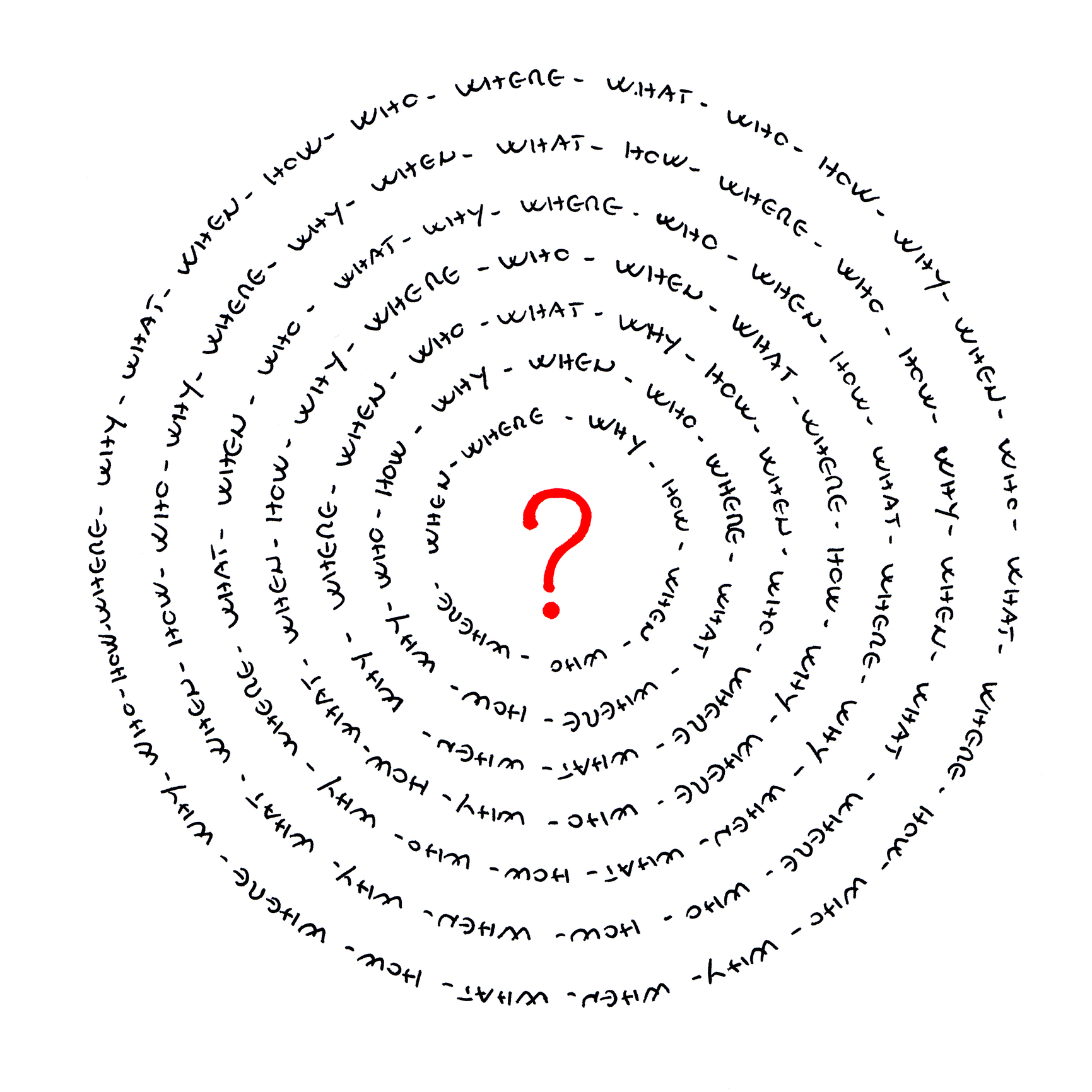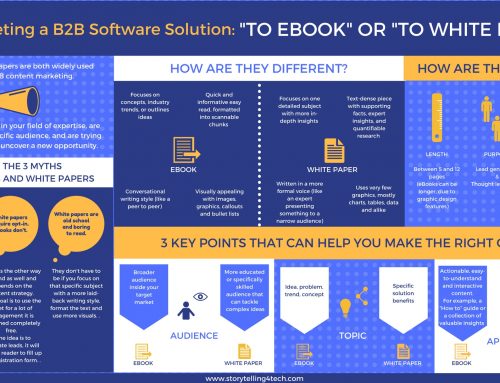All right, maybe “stealing” isn’t the fairest word chosen here, but I used it just to get your attention. You see, writing pieces that can grab the attention are kind of in my job description since I’m a trained journalist who worked on a daily newspaper for more than a decade.
And businesses like that attention-grabbing moment, don’t they? See what I’m getting at? Read on.
When I first familiarized myself with content marketing writing style, I thought: “Hey, these forms are borrowed from journalism! This is how we write news articles and stories”.
It’s no secret that journalism and content writing use the same story structures with:
- “Right-to-the-action” first lines
- Credible resources to back up the facts
- Focused and interesting storylines
- Personal stories, quotes, and experiences
- Powerful closing words that evoke thinking and action of the reader
Of course, there are no arguments that content writing and journalism have a core difference in their purpose.
While brand content stories have the ultimate goal “to sell” products and services, journalistic articles have some socially useful facts “to tell”, to inform and educate the public in the most objective possible manner. In reality, we get a lot of mixed bags of public and brand content, but that is a subject to discuss at another time.
The point here is that the experience of journalistic writing can be a deal breaker in branding and content creating.
Top marketing agencies and large enterprises have already figured that out, so there are a lot of “A degree in journalism a big plus” notes in their job postings for content writers. No wonder more and more freelance journalists do both journalism and content marketing today.
Here are some top journalist skills that come in pretty handy when creating brand content:
- Finding A Story Where Nobody Sees It

My editors used to say: “Go out on the street and find a story.” Journalist’s eyes are trained to spot the most interesting things in the most ordinary places. They see the invisible details in the sea of facts and information, and they make them appear attractive. Because let’s face it: the majority of news articles are based on dull facts, statistical data, press conferences or press releases and it is journalists who make them more appealing or intriguing.
If you cannot single out story material among your company’s facts, give it to a journalist for a scan. They may see the less obvious thing that can be turned into a story. Or they may find an unexplored angle on a familiar subject.
It was James McBride who said: “As a journalist, the details always tell the story.”
- Telling A Story In A Fluid, Conversational Style

Journalists have a way with words, obviously. They are writing professionals after all, so they know how to build a story arc, how to start, end, fill the middle and wrap it all together. Unfortunately, the Internet is full of “article attempts”, that everyone can recognize as amateurish. Writing is a craft that has to be taught and practiced.
Besides this, journalists use live language – they write like people talk. And content written in a conversational style is closer to readers and customers, then descriptions in professional or technical language (seriously, who could ever connect with that?).
- Quickly Familiarizing With A New Topic

At the very beginning of my journalism career I spent a couple of years writing “this and that”, which is a very polite way to say: “Whatever senior journalists didn’t want to waste their time with”. After a while, it was a bit annoying, but now I believe that I reaped a lot of benefits from that period. This is because the constant shifting from education to politics, or from healthcare to urban planning, taught me how to understand the message quickly, no matter what field of expertise it belongs to, even if I had no previous information about it. After I had become a senior writer, I covered specific sectors and yes, then I had connections and knowledge about those areas with more depth. However, I was not an expert in those fields.
The point is – a writer doesn’t have to be an expert in a specific business sector to write about it. On the contrary! It is better if he is more similar to the audience, to the readers and consumers of the message that a business is trying to convey. A writer needs to understand the core issue and has to know how to tell that in a story, written in a simple, understandable manner, so everyone can understand and relate to it. And journalists are trained to do exactly that.
- Researching And Using High-Quality Sources

When writing about a particular topic or when making a featured article, journalists spend hours in research. And it’s not always Google. Sometimes they talk to people to get first-hand information; they visit libraries and archives, they read books and white papers hunting for valuable insights. What they try to find is a reliable source. Because not every Google search is the right one and not everyone with something to say has the credentials to explain a particular issue. And today it is especially hard to tell the difference when information seems to be everywhere, and everybody has something to say about it. Experienced journalists can usually tell that difference. Also, with their writing skills that come along, they can put those randomly gathered facts in order.
- Asking The Right Questions

The art of asking questions is a journalist’s extra advantage and a “must-have” skill for any serious content creation. And the good questions may seem a bit foolish to someone who already knows all about a service or a product. However, customers probably don’t have that knowledge and, remember, journalists are like them.
As Robert McGuire from Content Marketing Institute points out, journalists may ask:
- What does that mean?
- Can you give me an example of when you’ve done that?
- If your service makes so much sense, why don’t you already have more customers?
- Could you give me another example?
- Being Collaborative

OK, this may be more of a character definition, but generally, journalists are used to criticism and the harsh editing process. The cutting off entire parts of a story, changing introductions, doing second or third fact check-ups, adjusting the tone of the article to a specific audience, etc. Journalists get a lot of that.
So, if they write something for a corporation where they have to be in tune with company’s voice or customer’s needs, they can be quite flexible.
To sum up, copywriters and SEO writers remain precious experts in marketing, no question about it. But, with a journalist or an ex-reporter and his writing skills in a marketing team, brand content can take a quantum leap to the next level of business development.




